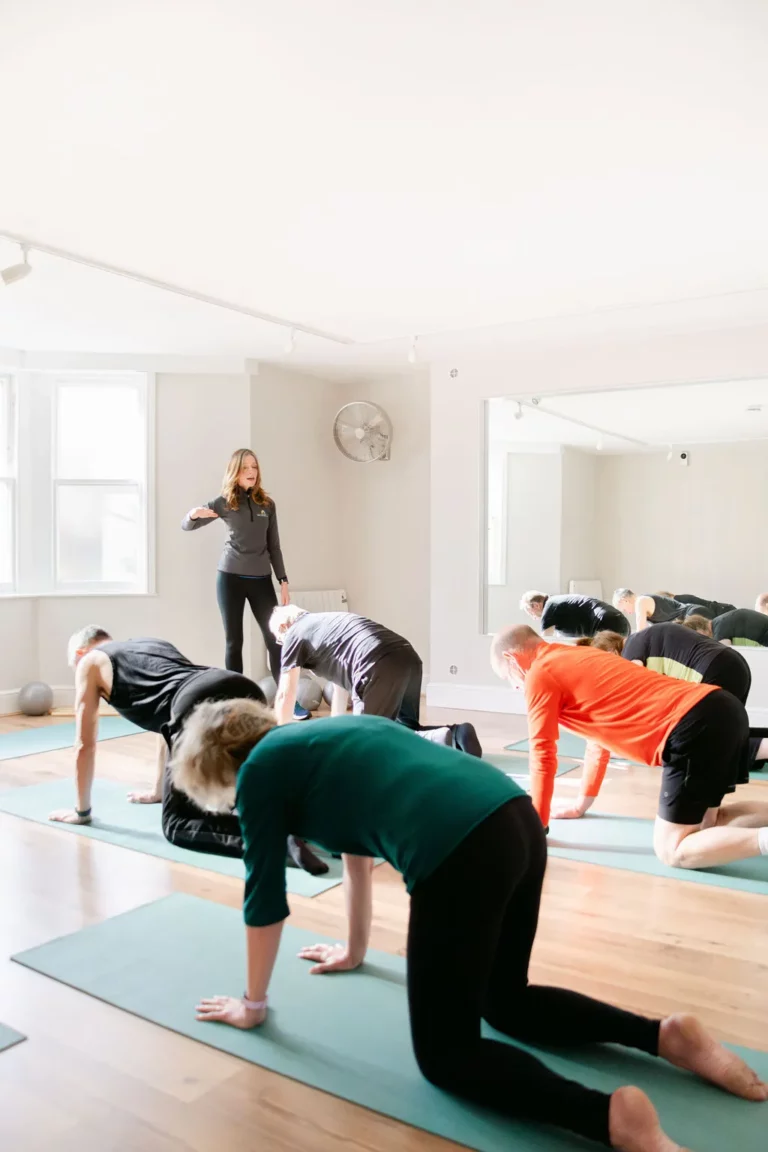A common question in clinic is, when will I get better? And it is not always an easy answer, as the timeline depends on not only the tissue that needs to heal, but the patient’s willingness to give their body the time to heal.
There are a number of factors that affect healing; the obvious ones being age, health status and nutrition, but maybe the biggest one is the stresses we put on ourselves every day.
We may not consider our daily tasks as stressors, but they are, they all take up energy, energy that is needed for all sorts of functions in the body; digestion, cellular repair, thought and processing just to name a few and that’s all before considering the effect of modern, ‘stressful’ living.
We rush around from here to there, ticking off our daily to do list, ask us to stop for lunch and we might break into a cold sweat!
The one upshot from the pandemic was that, for many, time slowed down for a while, values changed and social pressures eased. This easement gave many of us time to reflect on our lives and make positive changes that we never thought were possible.
The other big shift in our lifestyles was being told we had to stay home if we were ill ! and boy didn’t it feel better than pushing on through?

What has all of this got to do with pain and recovery?
Well, it is all about energy. Energy to live, energy to repair.
When our body is fighting stress, it is doing less of everything else.
If the body is under constant or chronic stress, it will eventually exhibit signs of dis-stress, in an attempt to make you stand up and listen to it. We probably all know at least one person who ‘lives life to the full’ but has at least one familiar annual illness that sends them to bed for a week or two.
When we are repairing, the body needs time, rest and yes, light movement. But more often than not, we rush back into work, sport, life(!), before tissues have healed and either create further tissue trauma, or develop maladaptive movement patterns that further complicate our issue. In the hope of pushing past the pain, we very often prolong it.
Now I’m not suggesting we need to ‘give in’ when we are in pain, but I am suggesting that we need to alter our expectation of what we might achieve while we are ill or sore, as in order to repair we cannot keep up with everything we’d normally try to do.
When I am struggling to get my point across to a client who isn’t listening to their body, my favourite analogy is the energy pot.
Imagine you have a bowl full of energy at the start of the day. To begin with, the amount of energy in the pot is determined by how well you’ve slept, but then the rest is divided up over the day for; posture and movement, digestion and elimination, thinking and processing and if there’s anything left, repair.
I’m as guilty as many for ignoring pain, jeez, I get breathless getting dressed in the morning, ask me to do nothing in the day and I consider the day wasted! But I have also been in the privileged position to watch others go through all sorts of painful experiences, both emotional and physical and even I see that those who respect their body, give it time to heal, feed it well and manage their stressors, recover quicker than those that just keep on, keeping on.
As an osteopath, one of our founding beliefs is that the body has its own medicine chest, in order to heal, it must be given the right conditions to be able to use it. This means accepting that for a little while, life will be a little slower, a little quieter. For some, it might also mean getting a little reassurance and treatment from your Nimble Osteopath, to help reduce the fear, as well as the physical stresses from tight musculature.
So what is the aim of this blog?
I want you to take away from this article that your body is like any machine. It can break. But unlike a mechanical machine, it can also heal itself, most of the time, given the right conditions.
- If you are sore, rest a little more than you normally would.
- Find ways to rest from over thinking and ‘over-doing’.
- Eat well and by that I mean eat healthily.
- Hydrate, every cell in the body needs water, in fact the human body is 70% water
Most of all, respect your body, you only get one and although science has given us the tools to treat many conditions, we are not infallible.

